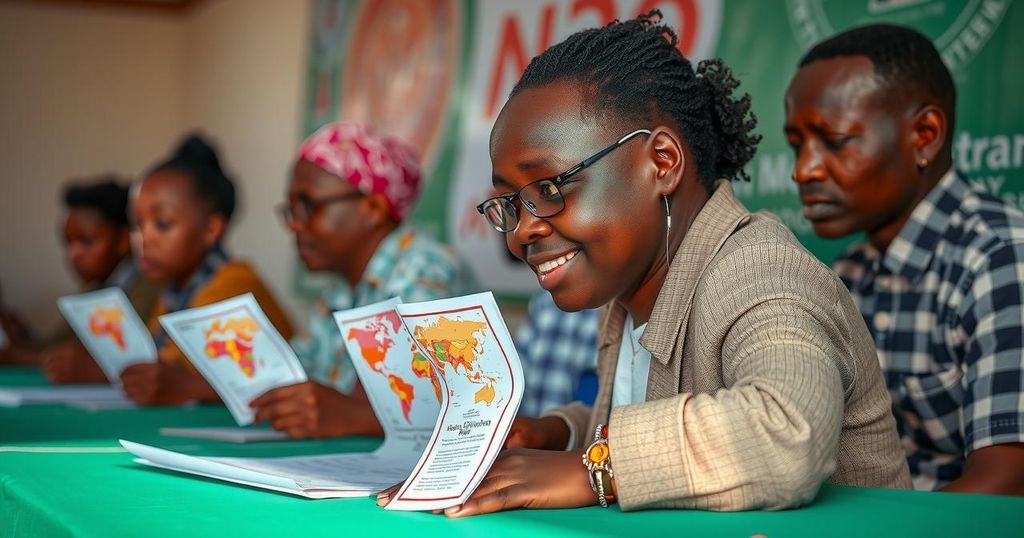2024 Southern Africa Elections: A Turning Point for Liberation Parties

In 2024, Southern Africa’s elections revealed significant electoral declines for traditional liberation parties as younger voters expressed dissatisfaction with economic conditions and governance. Key shifts were noted in countries like Botswana, South Africa, and Namibia, indicating a broader trend towards demanding accountability and effective solutions from leadership, marking a significant political transformation in the region.
In 2024, elections across Southern Africa marked significant changes in the political landscape, indicating a decline in support for longstanding liberation parties. As many citizens, particularly younger voters who lack direct memories of colonialism, voiced their frustrations over economic issues and limited opportunities, the grip of these historical governance structures weakened, illustrating a vital shift in societal expectations.
Despite the general stability of democratic processes in Southern Africa compared to other regions, voters have increasingly prioritized government performance over the legacy of liberation movements. The elections underscored a growing disenchantment with traditional political apparatus, which has failed to address pressing socio-economic concerns facing new generations of voters who demand actionable solutions.
A notable outcome was observed in Botswana, where the ruling Botswana Democratic Party was ousted after nearly six decades in power, following public dissent spurred by economic downturns affecting the diamond mining sector. Similarly, in South Africa, the African National Congress suffered significant electoral losses, marking a pivotal moment in the country’s post-apartheid history as it lost its majority.
In other parts of the region, Namibia saw the long-dominant South West Africa People’s Organization narrowly retain power with the election of its first female president, illustrating both progress and the party’s precariousness. Meanwhile, challenges persisted in Mozambique and Comoros, where election results incited public protests, reflecting broader discontent with perceived electoral abuses and governance failures.
The elections created a ripple effect throughout Southern Africa, as they revealed mounting demands for accountability and responsiveness in governance. Political analysts emphasize the significance of generational shifts, indicating that the electorate increasingly desires jobs and dignity—mantras encapsulated in the phrase, “you cannot eat memories.” In essence, the 2024 elections served as a wake-up call for long-governing parties, highlighting the urgent need for them to adapt to the evolving political and economic landscape of the region.
The 2024 Southern Africa elections were contextualized by a historical reliance on liberation movements, which have predominantly sustained power since the end of colonial rule. In recent years, however, disillusionment has grown among the electorate, particularly younger citizens, regarding the efficacy of these long-standing parties in addressing contemporary economic challenges. The backdrop of stability in democratic institutions contrasts sharply with the increasing demand for political accountability and effective governance, signaling a pivotal change in political dynamics in the region.
The 2024 elections in Southern Africa represent a crucial turning point characterized by a significant decline in support for traditional liberation parties, driven primarily by younger voters’ demand for effective governance and economic solutions. This shift highlights the necessity for these parties to reevaluate their strategies and responsiveness to societal needs, as the electorate increasingly seeks leaders who can effectively address present challenges rather than relying solely on historical legacies. With notable electoral outcomes across the region, it is clear that a new political paradigm is taking shape, one that prioritizes performance over nostalgia.
Original Source: abcnews.go.com







